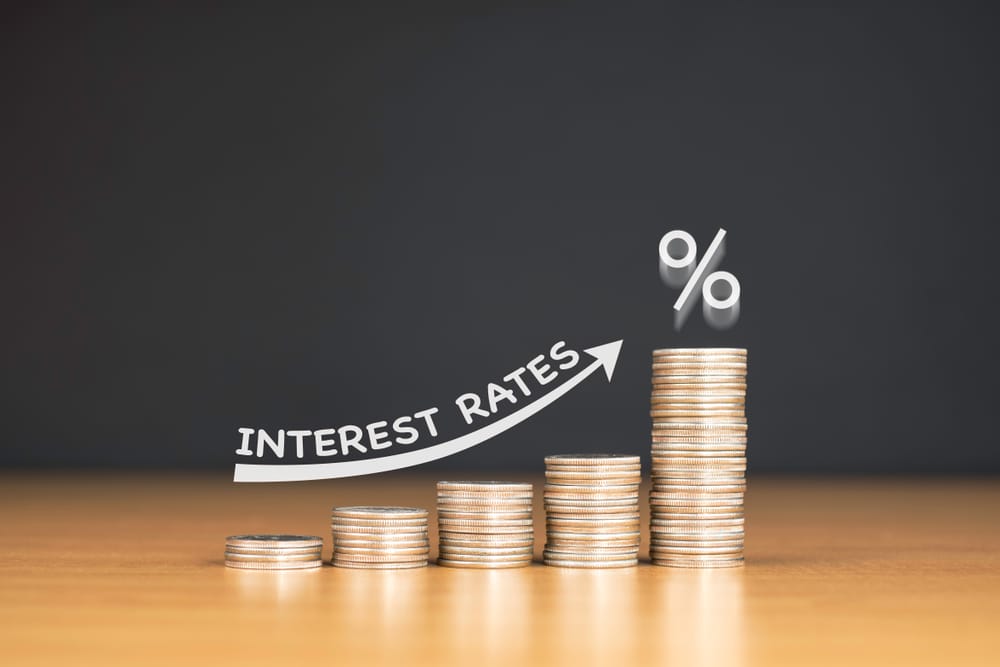The Variables That Determine Your Mortgage Interest Rate

Interest rate is one of the most important considerations for anyone looking into securing a mortgage and buying a home, as it will have a major impact on how much you’ll pay over the life of the loan. For this reason, it’s important that anyone entering the homebuying world understands the specific elements that go into determining the mortgage rate you’re eligible for.
At Altius Mortgage and our partners with Mortgage Ogden, this area is among our specialties. We offer some of the best mortgage rates in Utah, plus mortgage programs perfect for everyone from first-time homebuyers to those looking to refinance an existing mortgage. Here are the specific variables that play a role in your mortgage rate.
Credit Score
One of the single most important factors in your mortgage interest rate is your credit score. A higher credit score will lead to a lower interest rate, all other things being equal. That’s because a high credit score is an indication that you’re a low-risk borrower, and therefore more likely to repay your loan on time.
Now, to be clear, there isn’t a direct linear connection between credit score and interest rate. In other words, a small increase in your credit score probably won’t lead to a significant decrease in your interest rate. But if you have a good credit score, you’ll almost certainly get a lower interest rate than someone with poor credit.
For those entering this world, checking your credit score and taking steps to improve it (if necessary) should be one of your top priorities.
Down Payment Size
The size of your down payment will also play a role in your interest rate. A larger down payment indicates to lenders that you have more “skin in the game,” so to speak, and are therefore less likely to default on your loan. For this reason, making a larger down payment can lead to a lower interest rate.
Of course, coming up with a large down payment can be difficult, especially for first-time homebuyers. But if you can swing it, putting down 20% or more will put you in a much better position when it comes to negotiating your interest rate.
Loan Type
The type of loan you’re looking to secure will also affect your interest rate. For example, adjustable-rate mortgages (ARMs) typically have lower rates than fixed-rate mortgages, at least at the outset. But ARMs can be riskier, since the interest rate may increase over time. So if you’re looking for a lower interest rate, an ARM may be the way to go.
On the other hand, if you’re looking for stability and predictability, a fixed-rate mortgage is probably your best bet. You’ll likely have to pay a slightly higher interest rate than you would with an ARM, but your payments will stay the same for the life of the loan.
Home Location
One variable some gloss over is home location. But where you’re buying can actually have a significant impact on your interest rate.
For example, if you’re buying in an area with a high crime rate or poor schools, you may have to pay a higher interest rate. That’s because these factors make it more likely that you’ll default on your loan, and lenders will account for that by charging a higher rate.
On the other hand, if you’re buying in an area with strong market conditions, you may be able to get a lower interest rate. That’s because lenders see these areas as being less risky, and therefore more likely to result in on-time loan repayment.
Term Length
Another factor that will affect your interest rate is the length of your loan term. A shorter loan term (e.g., 15 years) will typically have a lower interest rate than a longer loan term (e.g., 30 years), all other things being equal.
That’s because a shorter loan term means you’ll pay off the loan faster, and therefore there’s less risk for the lender. So if you’re looking to get a lower interest rate, you may want to consider a shorter loan term.
Of course, a shorter loan term also means higher monthly payments. So you’ll need to weigh the pros and cons of a shorter loan term before making a decision.
Loan Program
There are also certain specific loan programs where you may be able to get a lower interest rate. For example, some government-backed loans (like FHA and VA loans) come with rates that are lower than what you’d find on a conventional loan.
So if you’re eligible for one of these programs, it may be worth considering in order to secure a lower interest rate.
Points Considerations
Another factor here is known as “discount points” or simply “points,” and it’s something you may be able to negotiate with your lender.
Essentially, points are a fee you pay upfront in order to secure a lower interest rate. Each point is equal to 1% of the loan amount, and the more points you pay, the lower your interest rate will be.
Of course, whether or not this is worth it depends on how long you plan on staying in the home. For example, if you’re planning on selling the home within a few years, it may not make sense to pay points for a lower interest rate. But if you’re planning on staying in the home for the long haul, paying points could save you a lot of money over time.
For more on the different factors that play a role in determining what your mortgage rate will be, or to learn about any of our mortgage rates, mortgage programs or other services, speak to our team at Altius Mortgage today.